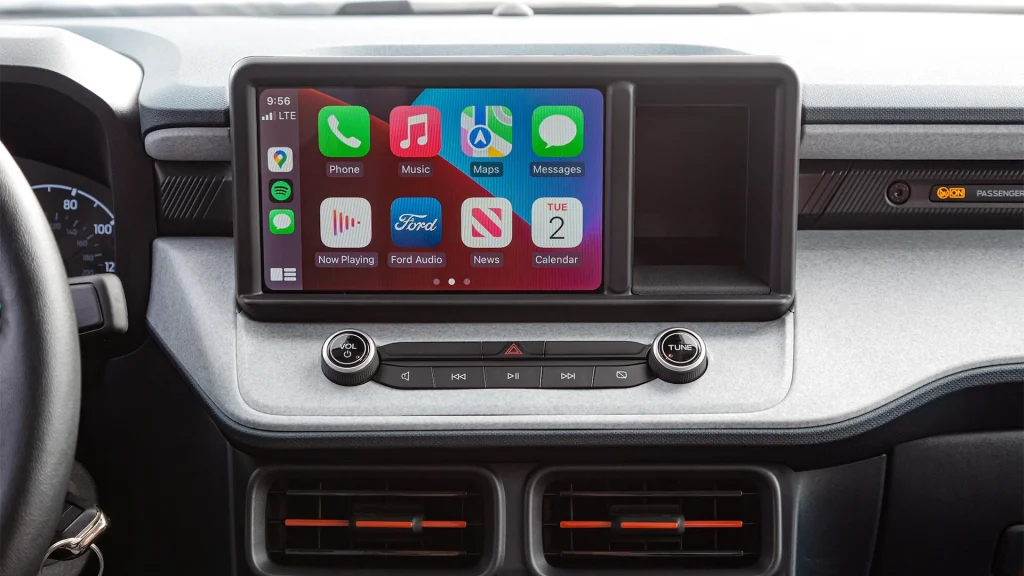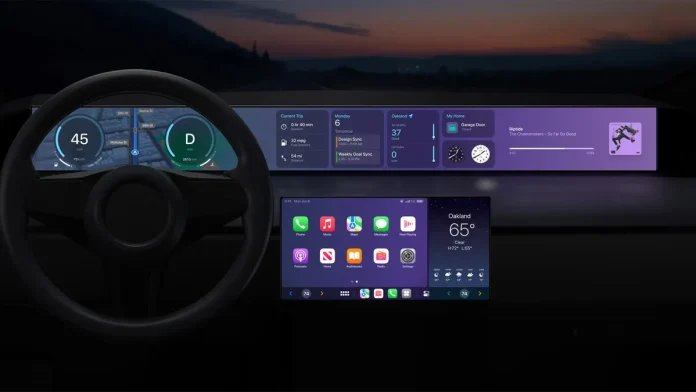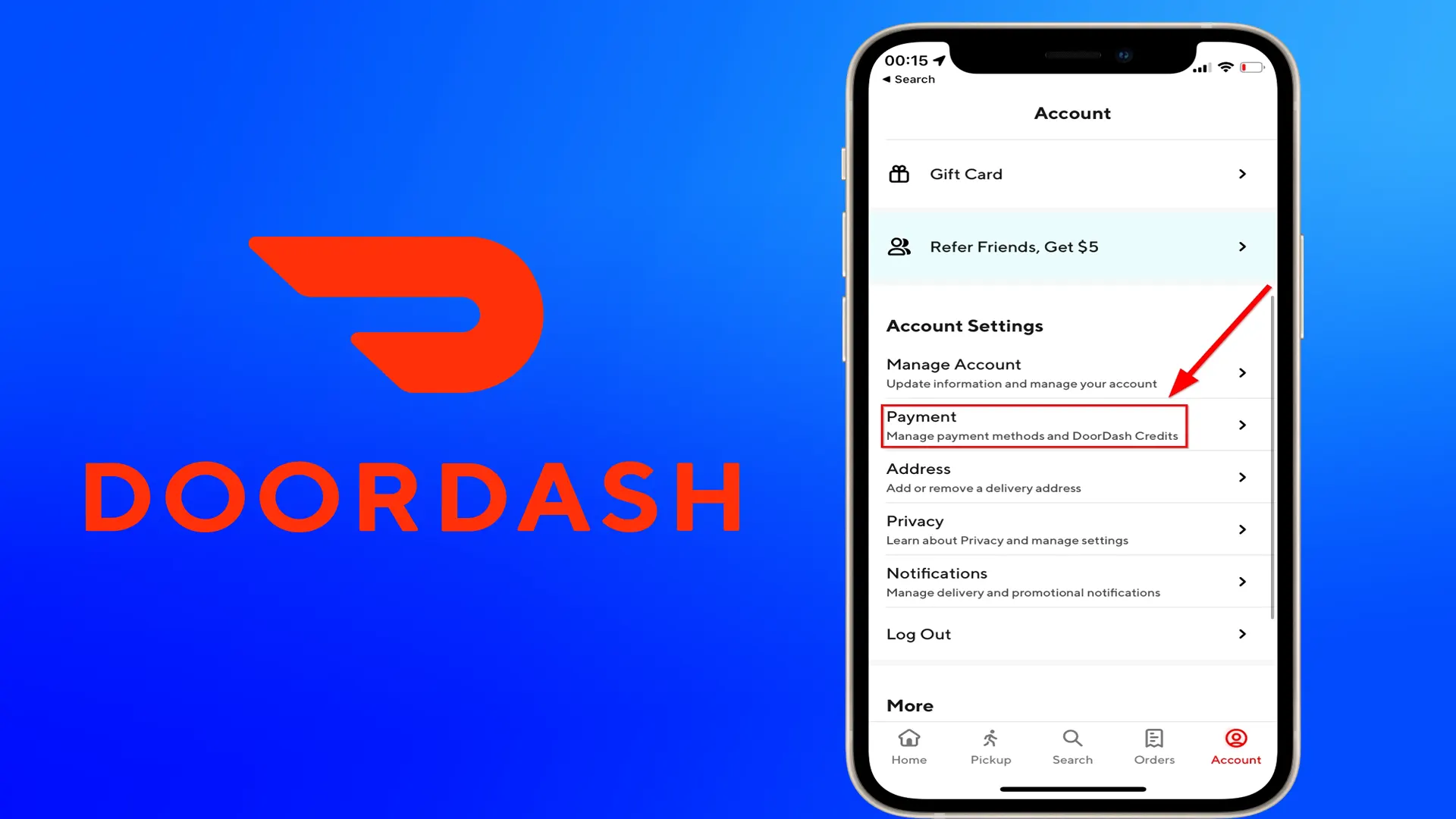Apple’s attempts to develop the Apple Car took almost a decade, and Apple recently abandoned the project, as many, including myself, predicted. It was expected, and the project initially raised more questions than the answers it could provide.
The whole point is that the automotive market is very specific and starkly contrasts with Consumer Tech, where Apple is the undisputed king. And with this project, Apple could be in for a fantastic disappointment. Especially considering all the hype and rumors surrounding the project.
So, it seems that abandoning the project was more of a good decision, although it did give the company a reputational blow. However, skeptical observers may see it as a hint that Apple has lost its innovation ability.
But the market for cars, including electric cars, is already crowded, and the competition is on the upswing and will not stop. So, the company’s exit from this tough market was an expected event, even though it dumbfounded many.
The profits are the problem
The problem with the automotive market is that it doesn’t offer anything similar to consumer technology in terms of profit potential. The car market is currently in a price war, and the EV market already has its big-name players: Tesla and Rivian. Apart from that, it has some old mastodons keen to keep up with the market and offer solutions.
The bottom line is inside Apple, as far as I can tell. There were three main points of view. The first group thought EVs could be a good step towards diversifying profits and business. Also, EVs would allow the company to collect more consumer data. The second group thought it was risky because it would not guarantee profits, and the costs of EVs would be so high that it would not be worth it. In addition, if it failed, it would severely damage the company’s position and scare investors. Apple is not known for its experiments and failed projects, unlike Google or Microsoft. So even an adventurous project, in which an important part of the effort was not so much the release of the final product as the acquisition of research information, could cause significant reputational damage.
As far as I can tell, the third group agreed that Apple had a chance of success. But even if it does, it would be a Pyrrhic victory because the profitability of automotive companies is much lower than that of consumer technology companies. There is no certainty that the company could change the business model in the automotive industry to be perceived as a technology business.
I’ve been writing and saying for a long time that Tesla (and, in the case of Apple Car becoming a reality, its closest competitor) is overvalued. I’ve always cited the same evidence, which, in straightforward terms, is “an automaker can’t be worth per share as a technology company.” The main problem with automakers is that they are a high-cost business with complex scaling. This is in direct contrast to what we know about the consumer technology sector, where costs are substantially lower, and scalability is substantially higher.
But the main thing that everyone has already seen is that the sector is not an emerging market. Nor is it a new market at all. This market has significant competition from traditional manufacturers who are here to compete.
So, deciding to “stay out of the fray” seemed logical. Apple, in my opinion, saved itself a lot of trouble.
Focus on CarPlay
Behind the news of the Apple Car project winding down, one crucial detail can be missed – Apple has a project, and quite a successful one related to cars: CarPlay.
Apple’s media system for cars exists already. Its functionality is not very impressive at the moment but with potential for further development. And in 2024, CarPlay will receive a significant update, which will be received by such new cars as Porsche and Aston Martin. At the same time, many automakers refused to integrate with Apple CarPlay, including, perhaps, fearing the future of Apple Car, preferring Google’s analog. Now this problem is gone, and Apple will offer manufacturers not a service competitor (even if in the future), but an additional service that does not compete directly with automakers. This improves the company’s negotiating position, as automakers won’t be so wary of CarPlay.

Previously, the main fear of automakers was that they had “seen the Apple Car in the rearview mirror,” and adding CarPlay support played into Apple’s plans. Now that Apple has ended its dreams of a fresh start in the car sector, fewer such concerns will exist.
I agree. It makes more sense when an automaker realizes that Apple won’t be its main competitor in a few years. So, Apple will have a lot more room to maneuver here. And it’s a great market; Apple gets more than 20% of its revenue from services, and CarPlay has every chance to succeed. The company can use its developments in Apple Car not to release “just another car” but to incorporate them into CarPlay and increase revenue from services.






